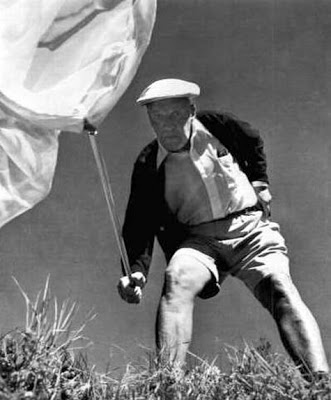In addition to being among the best novels ever written in English, Lolita, Vladimir Nabokov’s story of monstrous love, is, shockingly, the Great American Novel, which at first blush seems absurd. How did a newcomer, who had just begun experiencing the country, process so much so soon, so that he could write a work that was of us yet was also able to brutally satirize us? Perhaps it took an immigrant with wide eyes to truly see our immigrant nation.
From John Colapinto in the New Yorker:
Lolita was not, however, Nabokov’s first attempt to write a story about a pedophile who, enamored of a particular twelve-year-old girl, marries her mother to be closer to his love object—and who finds the girl in his clutches after the mother’s untimely death. His first attempt, a short novella called The Enchanter was written in Russian shortly before his move to America. That novella, published posthumously, in 1986, by Vera and Dmitri Nabokov, shows just how important the atmosphere of America was to making Lolita the great work it is. Where The Enchanter is curiously dour, featureless, and vague, Lolita is a great, rollicking encyclopedia teeming with specific details of Nabokov’s adoptive country, sweeping into its embrace the entire American geography, from East to West, North to South, in Humbert’s zig-zagging car journeys with his under-aged sex slave (journeys that follow the same route as the decidedly more sedate butterfly-hunting trips that Nabokov made each summer with his wife).
Much of the novel’s energy derives from the love-hate relationship Nabokov had with America’s postwar culture of crap TV shows, bad westerns, squawking jukeboxes—the invigorating trash that informs the story of a cultured European’s sexual obsession with an American bobby-soxer who is, as Humbert calls her, the “ideal consumer, the subject and object of every foul poster.” Nabokov always refused the label of satirist, and it would be an oversimplification to say that Lolita merely skewers the materialism of fifties America; throughout the book, there is a sense of hypnotized wonder and delight at the happy consumerism of the country and its inhabitants, and Nabokov took overt joy at clipping and cataloguing examples of that consumerism, which he carefully worked into the very texture of Lolita.•
See also:
Tags: John Colapinto, Vladimir Nabokov

